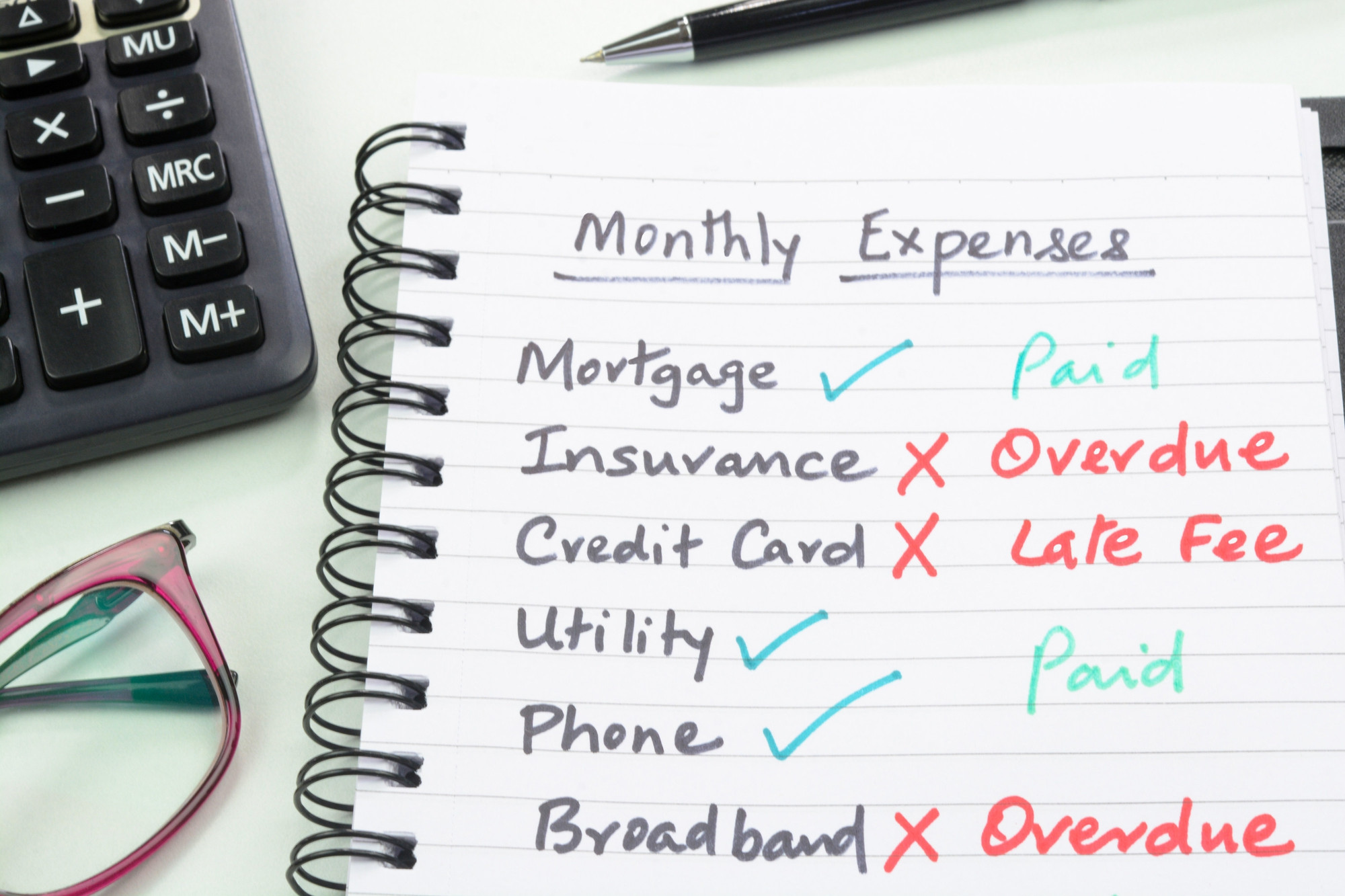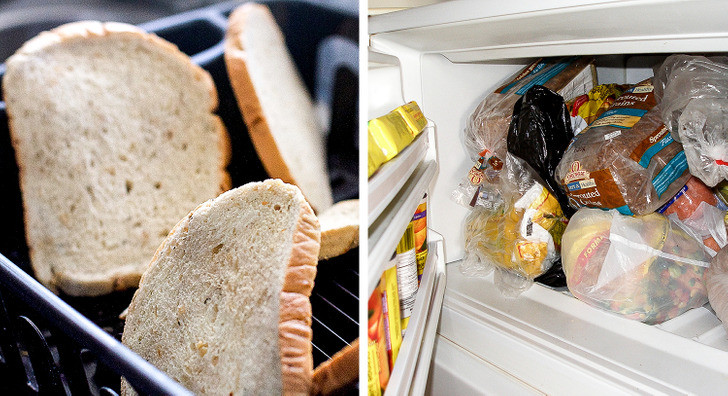To effectively manage personal finances, saving money is always emphasized by experts. However, in reality, this is much more difficult than you think.
That’s why many people have had to give up their savings plans. However, saving money will become much more feasible if you have a scientific plan. The tips shared by financial experts below will help you do that.
1. Record your expenses
The first step to start saving money is to record all your expenses. You need to know how your money has been spent and how much that amount is.
To do this, you have several ways. The most traditional way is to use a notebook and pen to record all daily expenses. If you find this method inconvenient, don’t worry, there are now many apps that help you manage your daily expenses. They are even categorized by items such as food, health, fashion, insurance… very convenient and easy to use.

2. Incorporate savings into personal financial planning
With specific recorded expenses, you can easily create a monthly personal financial plan for yourself.
A personal financial plan will show you total income, expenses, and the remaining amount of money. From here, you can calculate the amount of money you can save each month.
3. Reduce expenses
After looking at the personal financial plan, if the amount of savings is not to your liking and you want to increase it, the next thing you need to do is calculate and reduce unnecessary expenses.
Ignore fixed monthly expenses such as rent, electricity, and water bills. You can cut down on eating out and some other entertainment activities.
Sometimes, you will be surprised by the increase in savings when cutting down on unnecessary expenses.

4. Set savings goals
To save money effectively, you need to set savings goals. This includes short-term and long-term savings.
Short-term savings can include money to buy a car, furniture, or emergency funds. Meanwhile, long-term savings will be the money used to buy a house or your retirement fund.

5. Determine personal financial priorities
Determining financial priorities will decide the amount of money you allocate to each item. Usually, short-term savings will always be given higher priority than long-term savings.
For example, when you have saved enough money for an emergency fund (usually the amount of living expenses for about 3 to 6 months), you can pause and allocate the savings to other items such as home renovation or buying a car.

6. Choose the right way to save
In the process of building savings, you can still increase them by choosing the right saving methods. The most popular and widely used one today is bank savings.
Consider the interest rate, risks, and time to choose the most suitable way to save money.

7. Increase savings
Looking at the small amount of savings you can make each month can make you lose motivation and unable to stick with your established plan. Therefore, in addition to saving money, you should also think about increasing your savings.
The best way to do this is to increase your income and cut expenses. At this point, the amount of money you can save each month may increase significantly and create motivation for you to succeed in your personal savings plan.

According to Vietnamese Women

How much money should you save each month?

13 effective ways to save money






































